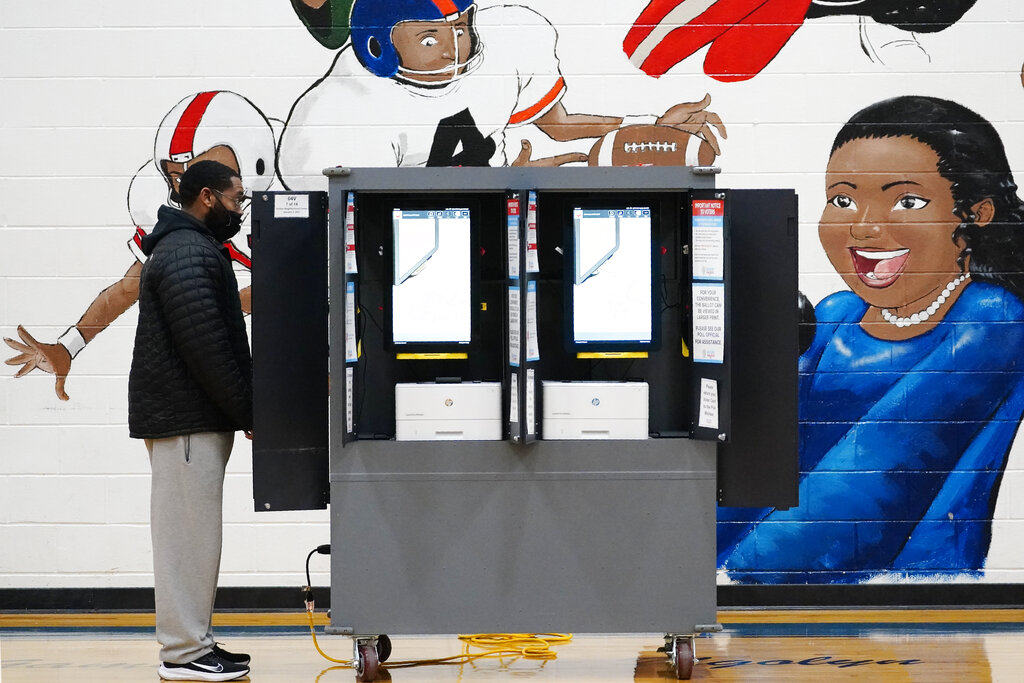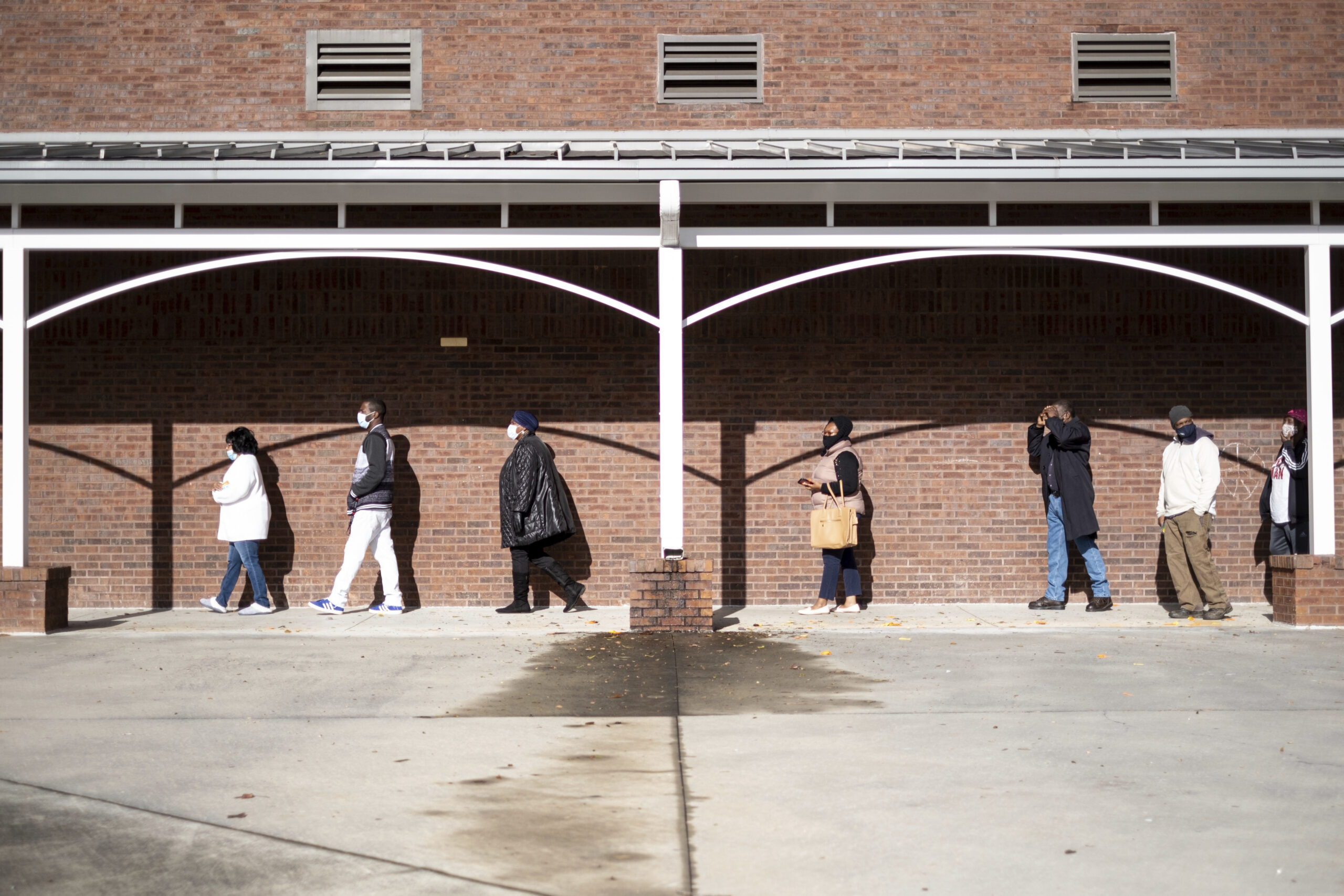Candidates in two closely contested suburban Atlanta U.S. House districts continued to clash Tuesday over their views on health care, the pandemic response and the size of government.
Handel said that portrayal was unfair, and said McBath herself could have done more in Congress to protect people from suffering insurance consequences because of earlier disease or infirmity.
Handel attacked McBath, saying it was the Democrats’ fault that Congress hadn’t been able to approve a new bill for COVID-19 relief.
“There is nothing preventing Democrats like you and Speaker Pelosi from getting to the table on that COVID relief package. You don’t want to pass it because you want to pack it full of controversial proposals,” Handel said. “You could get it done if you had the will.”
McBath, though, said she was “proud that the House is still trying to work with the Senate” on more spending.
McBath sidestepped a question from Handel asking whether McBath would favor adding more justices to the U.S. Supreme Court. She instead criticized Republicans for pushing through the nomination of Judge Amy Coney Barrett.
″I’m very concerned about Judge Barrett’s policy agenda, wanting to possibly dismantle the Affordable Care Act that millions of Americans are dependent on, and also her stance on choice,” McBath said, saying she wanted to protect abortion rights.
For her part, Handel said “it’s no secret I’m pro-life” and backed Barrett’s confirmation. “A president is elected for four years, not three-and-a-half years or three years and nine months,” Handel said.
The attacks were less barbed in the 7th District debate, where Bourdeaux continued to argue for expanded health care and blamed Republicans for mismanaging the COVID-19 outbreak, while McCormick again argued that the district needs a low-tax, low-regulation approach.
“Politicians and regulations are not the solution to the problems that most of the time were created by government to begin with,” McCormick said. Why would we turn back to the government to solve something that they created in the first place?”
Bourdeaux, though, argued that was the wrong approach when it left people without health insurance or relied on the goodwill of individuals instead of systemic efforts to reform how police departments interact with nonwhite communities.
The sharpest attacks in the debate came over whether McCormick , an emergency room physician, was personally downplaying the danger of COVID-19.
“He is showing up at events not wearing a mask that are in close quarters,” Bourdeaux said. “He is not following CDC guidelines, and this is part of the problem.”
McCormick took offense, saying that by working in the emergency room, he has been willing to run the risk of contracting COVID-19. He said his decision to not wear a mask is not too high a risk.
“We are talking about mostly young, healthy people who are asymptomatic,” McCormick said.







